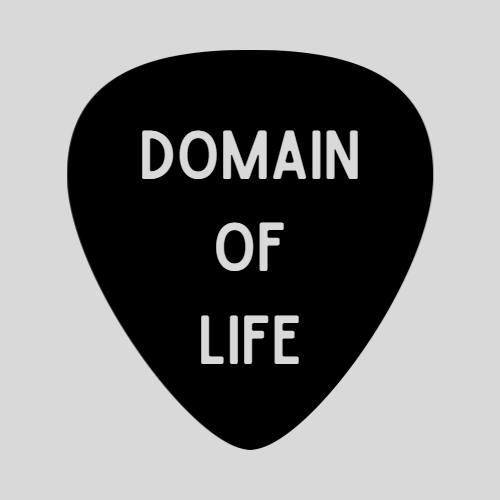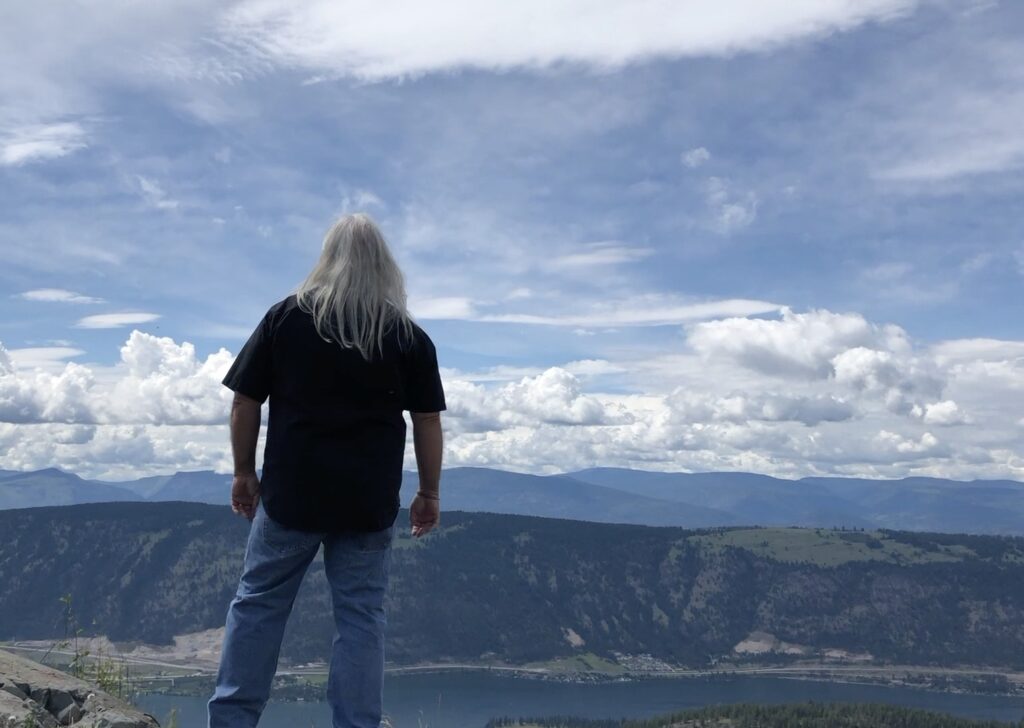Believe this or not but when I was younger and quit using drugs other than alcohol, I had a profound vision (or dream if you’re not into visions). Very long, emotional and spine shivering spiritual story short, there was a message for me in that vision:
I was to remain here on earth; that I had a purpose, that I was important and worthwhile and that, if I wanted, I could make a difference.
I still get shivers sometimes when I think of that night.
Don’t get me wrong please, I do not have a superman or Jesus complex at all. And if I ever come across that way, slap me! If I’m not careful though, I get in trouble when I’m too cocky. I have made more than my share of mistakes and fuck ups. My self image, confidence and esteem are, at best, just above water. At worst… well, …not going there right now. And I am reminded constantly by the universe to be humble. And I am also often reminded to remain true to my purpose. I have often wandered off track. But somehow I have always returned to where I believe I need to be. When I am truly mindful, at peace, zen, calm, at rest, whatever you want to call it, I can sometimes feel the connection of greatness with the universe. Some call it a higher power. And that connection leaves me with the sense of how small but impactful I can be in this serendipitous, synchronistic design or whatever it is that has created all of this.
This is what I have learned from being with others who have been through similar experiences in their lives (which is damn near all of us). It is about what I have learned about addiction which remains a dominant thread throughout my life, within my family, friends and my career.
And I don’t mean addiction the way we usually think; about drug use, though that has been a part of it. I mean all of the things in our lives that fall under the true original definition of addiction. The latin root of addiction involves ‘being enslaved to’ or something that has ‘mastery over’ us in some way. So in that sense, addiction can apply to many things in our society; from drugs, sex and food to money, power, control and other phenomenon.
So being true to the original definition, one can consider things like worship, prayer, meditation and ritual under the umbrella of addiction. I know that one can definitely lose one’s sense of self and identity when one allows themselves to lose control in the thing that has mastery over them. We see that with drugs, processes, economic things, and also with religion. Not all addiction then is really bad (unless we judge it to be so). In fact there are many things we are addicted to are actually healthy, meaningful and effective in our lives.
So what I have learned to this point is that addiction itself is far more than what we think. It’s far more than just about substances, or even processes like gambling and sex. It is about how we perceive our worlds. It is about our assumptions, our judgements, what we are taught to be “truth” from our diverse environments.
Then, it is about how we manage what we believe to be true about addiction. And that is not so good. Bottom line, our current society sees addiction as ‘substance abuse’. Though some of us are trying to change this perception, addiction is still seen as a moral failing. It’s seen from a platform of religious morality whether we will admit that or not. And we often conflate disease and/or medical disorder with personal ‘shortcomings’ making our own perceptions and our treatment of those who struggle rather quite confusing and often times degrading and stigmatizing. So our approach from that platform is replete with moral judgment, shame and guilt, from an often “vengeful” religious foundation that can be felt in most every approach we take in ‘treatment’. And even in a medical structure, that judgment oozes through the medical system.
And then of course, being a moral failure and about personal shortcomings, some substance use has not only been demonized but criminalized. This of course further supports and justifies our beliefs that substance use and addiction are wrong bad things that happen with wrong bad people and they should be punished for their immoral behaviour.
Other substance use has been widely socially accepted by a majority who hold the balance of power in our society. Thus the substances in use themselves are not bad but heaven help you if you develop an addiction. Now your an “addict” or “alcoholic” who can’t handle their substance and are a nuisance to society. We turn that moral failing into a civil moral crime. We wish them to disappear because we don’t want to be reminded that it could happen to any person.
Good people with big hearts sometimes can struggle with the symptoms of addiction believe it or not.
The ‘bad drugs’ become even more toxic under criminalization according to the ‘Iron Law of Prohibition’. We saw that with alcohol in the early part of the 20th century and we are seeing it in spades currently. More justification to demonize and displace the person that uses. Of course the ‘good drugs’ are still acceptable with no real danger of being tainted or becoming more toxic (than they already are). In short, people who use good drugs know what they’re getting and have little to no chance of overdose. We know what we are getting with the good drugs and can even use them in safe places.
Some of us have learned the neural physical nature of the process of the brain when certain substances are introduced into our bodies. And we have, I think, mistakenly over focused on the medical/physical aspects of substance use disorder. Or again, we have conflated or even confused moral shortcomings with brain functioning.
We have, as a society, mistakenly over focused on one thing or another without ever stepping back to look at the whole picture. The vast majority of us don’t have the slightest idea about addiction. We have very little knowledge overall why people become ‘addicted’ to substances and even less knowledge about process addictions. Thus our perceptions are open to loose ideas, urban myths, and misinterpreted or blatant misinformation upon which we act and create public policy.
So we are always quick to fall back to what we have been taught; what has been indoctrinated into us generation after generation. We default to the emotional and religious moral judgments of the person without ever considering the whole. It’s what is comfortable and familiar to us. We then ‘treat’ people based on limited medical knowledge and more on moral judgment both personally and professionally.
But here it is…
The current addiction problem in our society is not just about drugs or even other things that have mastery in our lives. In the end it is about how we treat each other and how we are encouraged to cope with the world; what we are indoctrinated to believe in this world. Thus when things escalate like the overdose due to toxic illicit drug crisis, we knee jerk into what we think we know; the current (yet highly inaccurate) approach to addiction; fix the individual and the problem will go away. How’s that working out so far?
The current overdose crisis is not just about drug addiction. It is far more. Addiction is only a small part of the issue. Both the addiction and overdose crises are a mirror of our current society. They are the sum of all of the things that we do not understand or know and thus fear. They are about how we are taught to cope with pleasure, pain, leisure, risk taking. They are about medicating physical and emotional pain caused by physical and emotional trauma. But most of all, it is because we have been taught to fear and loathe substance use and even more so, the inability to control addiction to substances. And we do so out of our covert and overt moralistic and religious learning.
The overall crisis is about the distribution of power. It is about an economy that is overshadowed by the pursuit of profit and power and that does not recognize people as important but rather as sacrificial. It is about what is good for some people and about disappearing other people. It is about who we want and don’t want to control illicit substances. It is about personal illness, partly as a result of the confusion and instability in our society. It is about disconnection and displacement as a result of “otherizing”. It is about who we want to help and who is expendable.
So in the end, we de fault to the comfortable, the familiar, regardless of the harm that it has caused. And we absolutely do not want to change what we think we know. Addressing addiction is far far more than sending someone to treatment to fix them. It is far more about how we as a society play our roles in creating this overall crisis and about our accountability and responsibility – not fault, guilt, shame or blame – in how we treat each other and create the perfect garden to grow healthy and vibrant communities. This is what I have learned so far in my life.
Of course, I am still learning.

